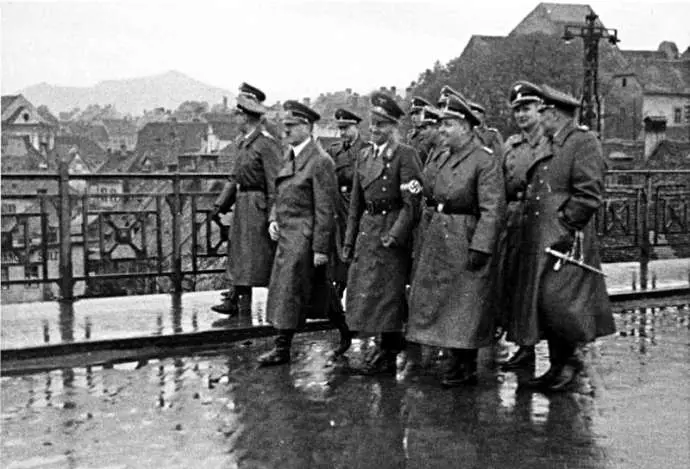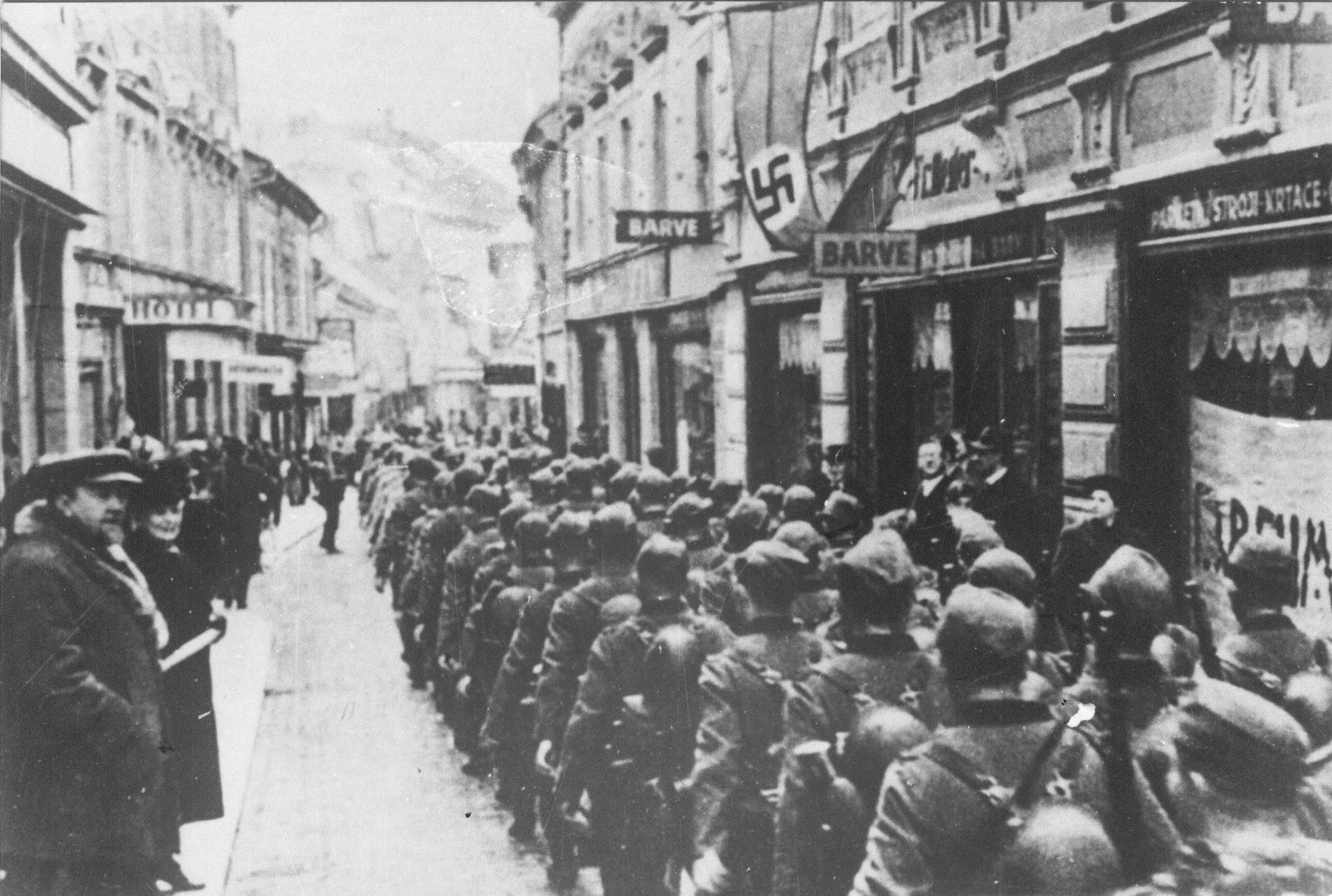1,189 new coronavirus cases confirmed on Tuesday, three deaths
LJUBLJANA - Slovenia confirmed 1,189 new cases of coronavirus and three deaths on Tuesday. The case count was down a fifth over last Tuesday, but the number of PCR tests, at 4,812, was almost a third lower as well, the latest government data show. Nearly a quarter of all tests were positive. There were 581 people in hospital, up by eight from the day before, with the number of intensive care patients dropping by one to 131. The 14-day incidence per 100,000 population was 629.
PM Janša urges global solidarity in Covid pandemic
LJUBLJANA - Prime Minister Janez Janša urged countries to join the EU's efforts to provide anti-coronavirus vaccines to less prosperous countries, as he took part in a virtual conference hosted by the World Forum for Ethics in Business to mark World Health Day, which discussed the changing paradigms during the pandemic. Pointing to the role of solidarity, he said that "humanity will not defeat the virus until the entire world has been vaccinated", Janša's office said in a press release. He said that even if EU member states do not have enough vaccines for their own citizens, they had exported almost 77 million doses to more than 30 countries.
Migrants, public assembly highlighted in Amnesty report
LJUBLJANA - Slovenia denied asylum-seekers access to asylum in 2020, while forcibly returning migrants to Croatia, Amnesty International says in its latest human rights report. The country is criticised for limiting freedom of assembly during the pandemic, handling Covid infections at care homes inadequately, and failing to resolve Roma issues. "We witnessed the consequences of poor past decisions, as well as new attacks on human rights, including under the disguise of a fight against Covid-19," Amnesty International Slovenia director Nataša Posel said.
ECHR admits application against Slovenia over judicial recusal
LJUBLJANA - The European Court of Human Rights (ECHR) has admitted an application against Slovenia over an alleged violation of the right to a fair hearing. The case concerns Constitutional Court judge Rok Čeferin's failure to exclude himself from a case, the STA has learnt from the State Attorney's Office. It said it received the Kodrič vs. Slovenia application from the EHCR two weeks ago, but could not reveal any other details. However, the STA has learnt from a source speaking unofficially that the ECHR has proposed that Slovenia reach a damages settlement with the plaintiff.
Minister vows to boost primary healthcare
LJUBLJANA - Marking World Health Day, Health Minister Janez Poklukar announced efforts to strengthen primary healthcare that would address the needs of all, including most vulnerable groups. Slovenia has been monitoring the situation regarding health inequalities since 2011. Public health had significantly improved in the past decade until the Covid-19 epidemic, he said, lauding the country's achievements in this area. However, when it comes to groups of higher socio-economic standing improvements in this respect have been faster, meaning individuals of different backgrounds have been meeting their health potential to varying degrees, Poklukar noted.
One in five students expresses interest in self-testing
LJUBLJANA - Preliminary inquiries by the Education Ministry into the sentiment towards the announced self-testing of students show that around 22% of pupils of the final three years of primary school and 18.5% of secondary school students would self-test. Meanwhile, several civil initiatives are opposed the planned measure. The ministry noted in presenting the results of the inquiry that this was not the final expression of interest in self-testing that would be performed voluntarily at home.
Slovenia hit by record low temps for April
LJUBLJANA - Slovenia woke up to an unseasonably cold morning with temperatures dipping into the 20s below zero in the south of the country in what is the coldest April morning on record. The lowest morning temperature, -20.6 degrees, was recorded in Nova Vas in southern Slovenia, the lowest April temperature on record, and trailed closely by -19.8 degrees in nearby Babno Polje, the site of the previous all-time April record low from 1970, said the Environment Agency (ARSO).
Resolution ready on Slovenia's climate strategy until 2050
LJUBLJANA - The Ministry of Environment and Spatial Planning published a resolution on Slovenia's long-term climate strategy until 2050. One of the goals is for the country to become climate neutral and resilient to climate change by 2050. In line with the resolution, which is to be discussed by the government, Slovenia will manage its energy and natural resources efficiently while preserving a high level of competitiveness of its low-carbon circular economy. The society will be based on renewable and low-carbon energy sources, sustainable mobility and locally produced food, among a number of other goals.






